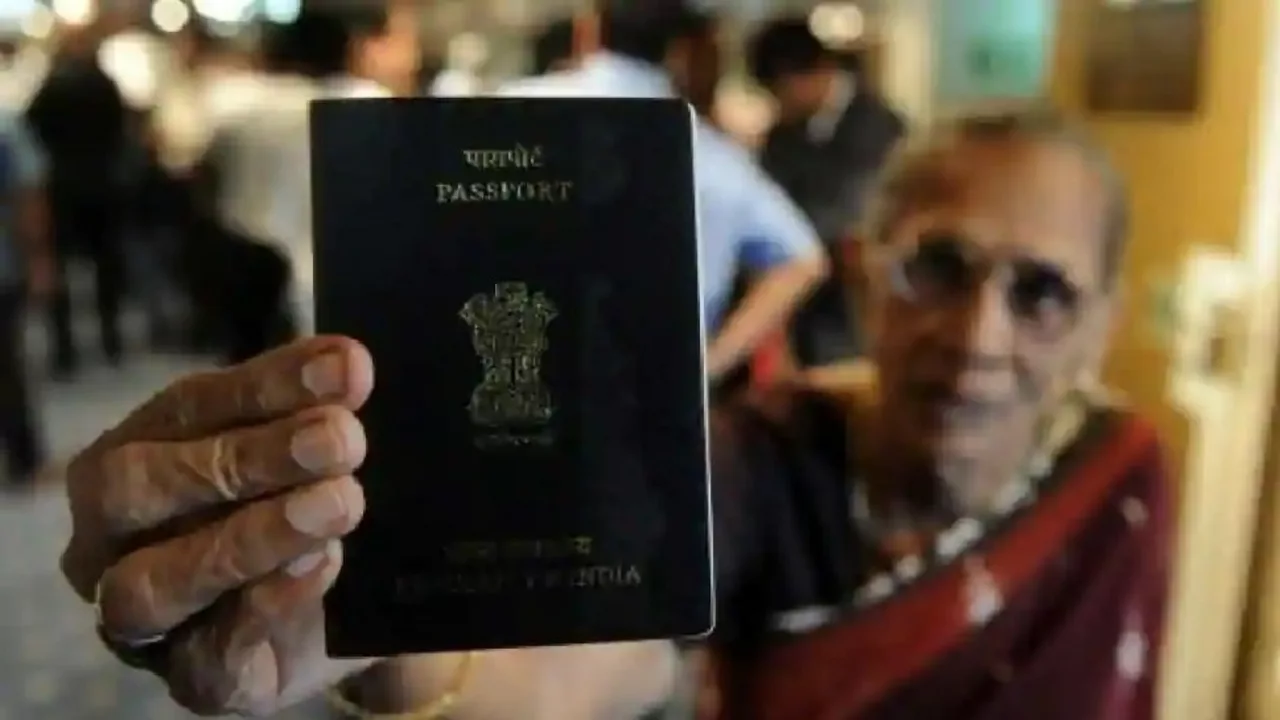Legal Matters: Getting Married to a Foreigner in India
So you’ve fallen for someone from another country and wonder if you can tie the knot at home. The short answer is yes, but there are a few rules you need to follow. This guide walks you through the legal steps, the documents you’ll need, and some handy tips to keep the process smooth.
What Law Applies?
In India, the main law that governs marriage between an Indian and a foreign national is the Special Marriage Act, 1954. It lets two adults of any religion marry without a religious ceremony. If you both belong to the same faith, you can also use the personal laws of your religion, but the Special Marriage Act is usually the simplest route for mixed‑nationality couples.
Key Documents You’ll Need
Getting the paperwork right saves you a lot of back‑and‑forth with the registrar. Here’s the typical list:
For the Indian partner: passport, birth certificate, voter ID or Aadhar, and a recent photograph.
For the foreign partner: passport, visa, proof of residence in India (like a rental agreement), and a No‑Objection Certificate (NOC) from their embassy if required.
Both of you will also need a **Notice of Intended Marriage** filed at the local marriage registrar office. This notice stays on public display for 30 days, giving anyone a chance to raise an objection.
After the 30‑day waiting period, you can schedule the marriage ceremony at the registrar’s office. Bring two witnesses, each with ID, and you’re set.
Remember to get a **marriage certificate** after the ceremony. This document is essential for any future visa applications, tax benefits, or legal name changes.
If you prefer a religious ceremony, you still have to register the marriage under the Special Marriage Act to make it legal. The religious event can happen first, but the legal paperwork comes later.
One practical tip: start gathering documents early, especially the foreign partner’s NOC or police clearance if their embassy asks for it. Delays often happen because of missing paperwork, not because of the law itself.
Finally, think about post‑marriage steps. The foreign spouse may need a **spouse visa** to stay in India long‑term, and you might want to update bank accounts or insurance policies with the new marital status.
Marrying across borders can feel complicated, but once you break it down into clear steps, it’s manageable. Follow the checklist, keep copies of everything, and you’ll be celebrating your wedding without legal hiccups.

Can an Indian citizen marry a foreigner in India?
As an Indian citizen who fell in love with a foreign national, I often wondered if marriage would be possible in our home country. This blog is my journey of learning and understanding the laws and regulations about marrying a foreigner in India. Here, I'll unravel legalities, paperwork, and the possible cultural hurdles we faced. It's a personal narrative tinged with a legal twist, designed to offer insights to alike-minded romantics who may find themselves in a similar situation.
read more